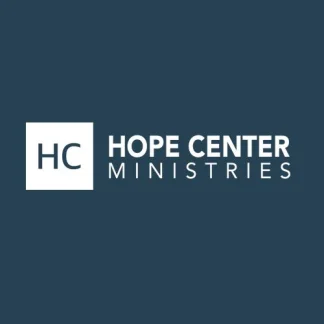Hope Center Ministries - Portland Women's Center
Portland, Tennessee, 2104 Hwy 76, 37148
Available Programs
- Adult program
- Program for women
- Young adult program
Insurance and Financial
- Monthly : $700
- Self-pay options
About this Facility
Hope Center Ministries is a faith led addiction treatment rehab in Portland, TN. Their mission is to lead addicts and their families to become fully devoted followers of Christ. Hope Center Ministries is committed to providing compassionate and effective treatment for individuals seeking healing and transformation.
Firmly rooted in 12 step and biblical principles, Hope Center Ministries designed a three phase residential drug rehab program to best support the residents through the various stages of their substance abuse recovery journey.
In the initial phase of treatment, Hope Center Ministries residents participate in bible studies, individual and group lay counseling, 12 step programming, and more. For 6 weeks, residents participate in therapeutic interventions that emphasize spiritual growth, encouraging individuals to deepen their relationship with God and discover a renewed sense of purpose.
As residents move through the program, they will continue to experience the programming from phase one as the second phase evolves to best fit the resident’s needs. For 38 weeks, residents’ treatment replaces daily chores with vocational training — a 40 hour per week element of the program designed to teach residents real world responsibility in a supportive environment.
Once in the third phase, residents receive more privileges, easing them closer to what they will experience past graduation with an emphasis on equipping individuals to navigate challenges, sustain their recovery, and live a purposeful life rooted in biblical principles. Hope Center Ministries provides support and guidance as individuals develop essential life skills, relapse prevention strategies, and a solid aftercare plan.
Hope Center Ministries recognize the significance of family involvement in the recovery process. They offer family counseling and support services to help repair relationships, improve communication, and strengthen the support network. The center incorporates biblical counseling, devotionals, worship, and opportunities for individuals to deepen their understanding of God’s love and forgiveness.
Contact us for more information: (866) 396-4673

Contact Hope Center Ministries - Portland Women's Center
Connect with Hope Center Ministries - Portland Women's Center by calling their admissions team directly.
(866) 396-4673 Website Get Directions